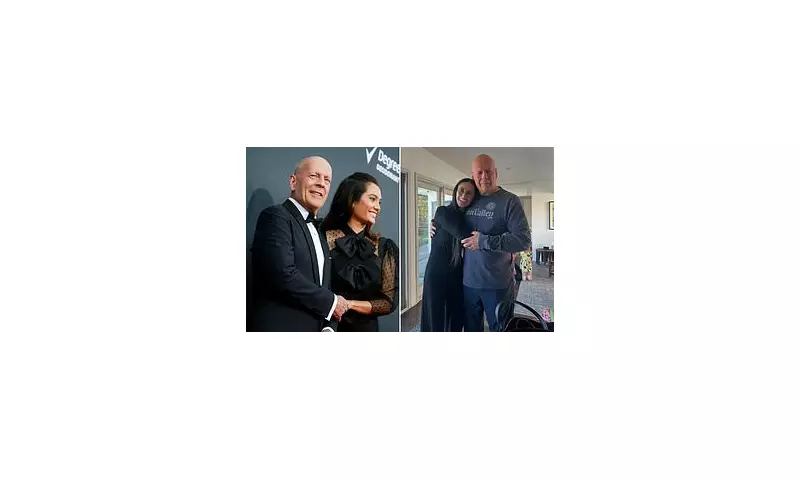
In a profoundly moving and candid revelation, Emma Heming Willis has shared a deeply personal account of the early stages of her husband Bruce Willis's frontotemporal dementia (FTD) diagnosis, pinpointing a subtle behavioural change she now recognises as a crucial red flag.
The model and advocate, married to the Hollywood icon for over a decade, described a shift in the actor's once-impeccable manners that, at the time, seemed insignificant but now carries immense weight.
The Symptom She Dismissed
Speaking with Daily Mail, Emma disclosed that one of the earliest signs was a change in Bruce's social conduct. The man known for his charm and professionalism began displaying a surprising lack of inhibition in public.
"He would stand up and walk away during a conversation, which was so unlike the man I knew," Emma confessed. She explained that she initially rationalised this behaviour, attributing it to a long day or a moment of distraction, rather than seeing it as a potential medical warning sign.
This loss of social awareness and filter is a classic, yet often overlooked, hallmark of behavioural variant Frontotemporal Dementia (bvFTD), which affects the parts of the brain responsible for personality, behaviour, and language.
A Family's United Front
Emma's interview underscores the unified front presented by Bruce's entire family, including his ex-wife Demi Moore and their three adult daughters—Rumer, Scout, and Tallulah. Together, they have navigated the heartbreaking progression of his illness since first announcing his aphasia diagnosis in March 2022, followed by the more specific FTD diagnosis a year later.
She spoke openly about the dual reality of their lives: the immense grief of losing the man she married, coupled with the unwavering determination to celebrate the man he is today.
Raising Awareness Through Pain
By sharing this intimate detail, Emma aims to shine a light on the less obvious symptoms of FTD, hoping her experience might help others identify the condition earlier in their own loved ones.
Her mission has evolved into one of advocacy. She is determined to use her platform to raise global awareness for FTD, support research efforts, and connect with other families facing similar battles, ensuring no one feels as alone as she initially did.
"This is a disease that doesn't just affect the person diagnosed, it affects the entire family," she stated, her voice a blend of resilience and sorrow. Her courage in speaking out provides a invaluable window into the daily realities and emotional toll of caring for someone with dementia.





